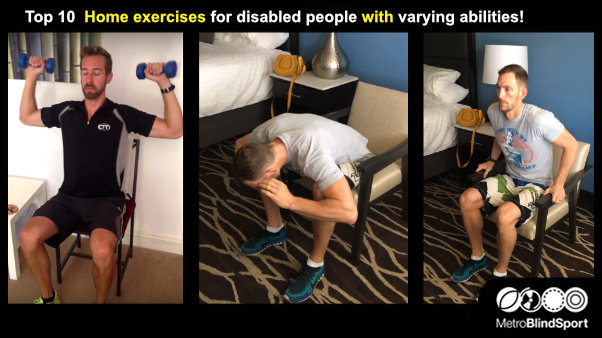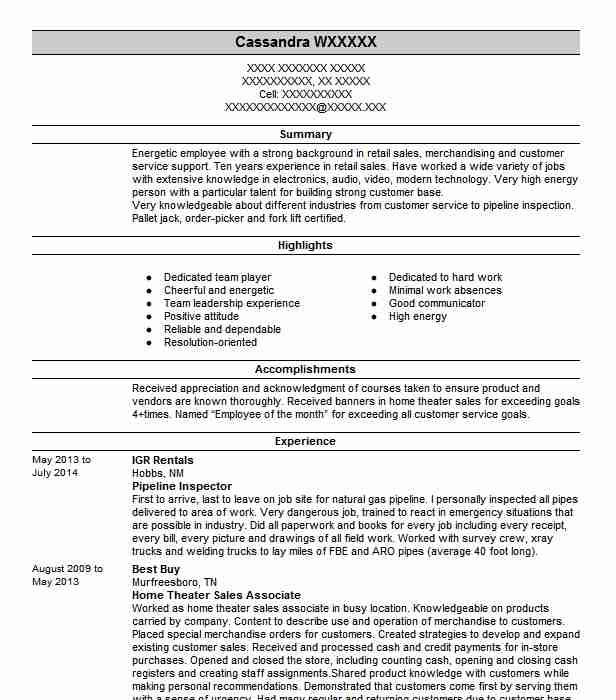
Disability Caregivers and Companion Services
Being a disability care worker requires passion and dedication for such a difficult job. Special therapies are specially designed for disabled people to help them live a regular life and achieve their goals without much trouble. However, the person who provides support must have a positive outlook on life, the workplace, the salary, and any perks. This article is designed to introduce some of the requirements needed for someone who wants to work in a health care environment.
Disability Caregivers and Companion Services
As more disabled adults live disability services, they need help when it comes to performing simple tasks. Some employers are liberal enough to provide assistance when it comes to disabled adults when they need help navigating doors, or operating equipment. Employers may also hire agencies to provide this type of support.
Disability Caregivers and Companion Services
After working in the field for a while, they will likely need to complete an employment plan for disability. Employers and employees can agree on the amount of assistance they will receive by creating these plans. A nursing home caregiver will not provide the same In home care services Melbourne as an agency. While a home health care provider may provide partial coverage, an agency or private caregiver may be able to cover all of your needs. Agencies and private caregivers that work closely with disabled people also offer support through resources that can help those who are receiving extra help.
Disability Caregivers and Companion Services
Agency staff often hire registered nurses and caregivers. This means that these professionals can provide assistance for people with disabilities. The carer may take over the entire caregiving role of the regular caregiver. This allows a person to live at home with full support, including transportation, dressing, bathing and assistance, as well as help getting in and outside of their house. Many people choose to use a respite for those who are receiving extra assistance. Respite is when someone can get care while still being able to go outside. Some disabled people may need multiple caregiver appointments depending on how many activities they require to stay mobile. Respite caregivers and registered nurses work closely with their clients to determine the services that a person who has a disability should be receiving.
Disability Caregivers and Companion Services
Disability benefits often require that a person perform some of the same daily living activities they do every day as everyone else. This includes things like housework, but it also means that the person can perform some of the most basic tasks like getting dressed and eating. If a person is unable to do the basic tasks, they might need to hire a disability home caregiver to assist them.
Disability carers can take on many tasks. The most common tasks include dressing, grooming, shopping, medication, toilet use, cooking meals, and other necessities. Some individuals may need to do more complex tasks depending on their particular situation. Some people with disabilities only need assistance dressing once a week. Others may need help several times a day. The individual will be able to accept that their caregivers will not make their house a home. It can help to have a list of tasks in advance. This will make the experience less overwhelming.
Many disabled adults get personal care services along with their disability benefits. These personal care services include, but are not limited, laundry, meal preparation, shopping for the deceased, driving the individual home to doctor appointments, and preparing meals. There are many forms of disability assistance, but most providers prefer to use personal care services because they offer the greatest benefit to their clients. Personal care services are not the only option. Many agencies offering disability care also employ licensed home health and massage therapists, psychologists, social workers, and other professionals to provide the best possible personal care experience.
Companion services are a great way to provide extra support for those adults who require it most. Companion services allow disabled individuals to live independently, whether they are working alone or in groups. Although companion care can often be provided through the same agency that provides disability benefits, it can also be tailored to meet the needs of each client. The quality and length of care provided can be greatly improved by choosing a service that can adapt to the needs of each client.

